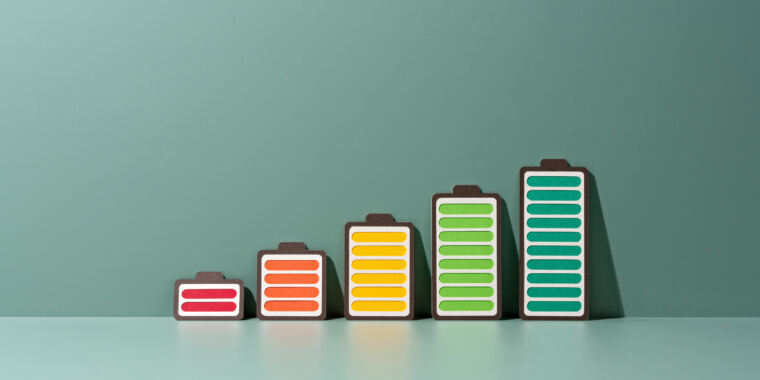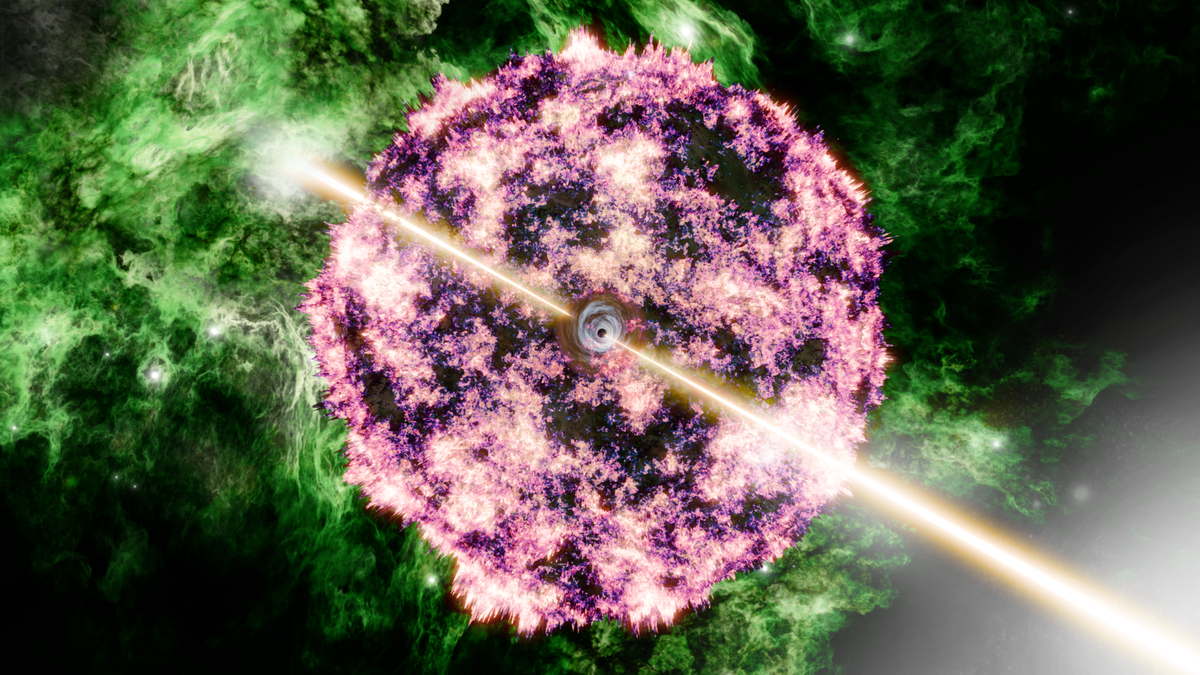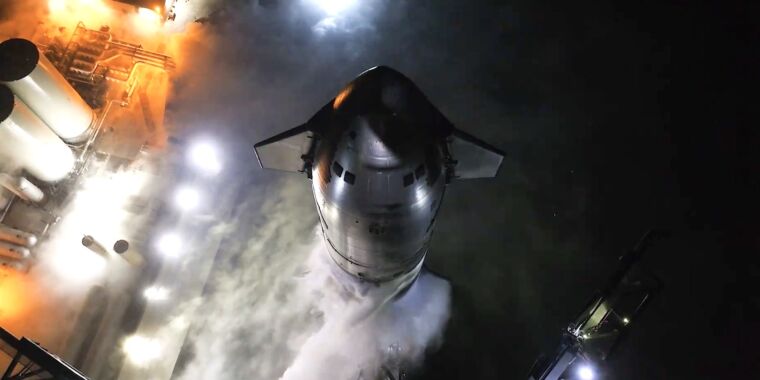Advancements in Battery Manufacturing Technologies
The push towards a future dominated by renewable energy requires a shift in the battery industry, with companies and universities working tirelessly to develop innovative solutions to propel this transition forward. This competitive landscape is witnessing a surge in efforts to revolutionize battery manufacturing processes, aiming to enhance efficiency and reduce environmental impact.
Revolutionizing Cathode and Anode Production
In the quest for cleaner manufacturing, Sylvatex, a California-based company, has introduced a groundbreaking water-free manufacturing process for cathode active material (CAM). This pioneering approach boasts a 25% cost reduction in CAM production, alongside an 80% decrease in energy consumption, and the elimination of water usage and sodium sulfate waste streams.
Virginia Klausmeier, the CEO and founder of Sylvatex, highlights the company’s commitment to reducing the carbon footprint associated with battery manufacturing. She emphasizes the environmental toll of outdated processes employed by other manufacturers, which result in substantial water consumption and significant waste generation.
Another key player in the industry, Natrion, founded by Alex Kosyakov, addresses the complexity of traditional lithium-ion cathode manufacturing processes. The conventional method involves an intricate series of steps starting from mining ores to producing cathodes, with numerous environmental and safety concerns at each stage.
The Next Generation Manufacturing Process
To tackle these challenges head-on, Sylvatex has developed a ‘next-gen’ manufacturing process that is entirely waterless. This innovative approach utilizes hydroxides or metal oxides as feedstocks, eliminating the need for sulfate salts and drastically reducing waste generation.
By replacing the traditional sulfate-based process with a more sustainable and efficient alternative, Sylvatex’s method significantly reduces manufacturing hazards and environmental impact. The proprietary additive introduced in the process serves as a catalyst for enhanced efficiency and versatility in feedstock utilization.
Ultimately, the race to revolutionize battery manufacturing technologies is driven by the urgent need to transition towards a more sustainable energy future. Companies like Sylvatex and Natrion are at the forefront of this transformative journey, paving the way for cleaner, greener, and more efficient battery production methods.
Image/Photo credit: source url





